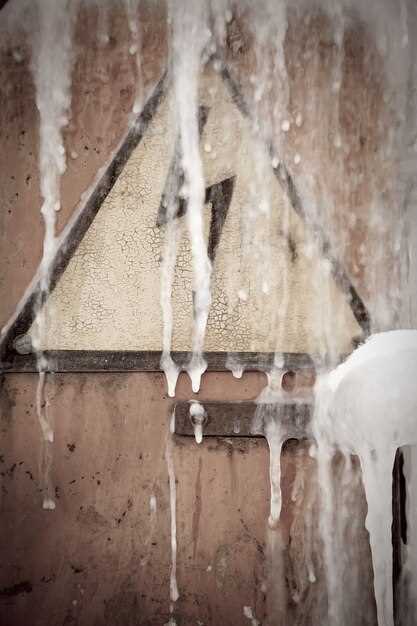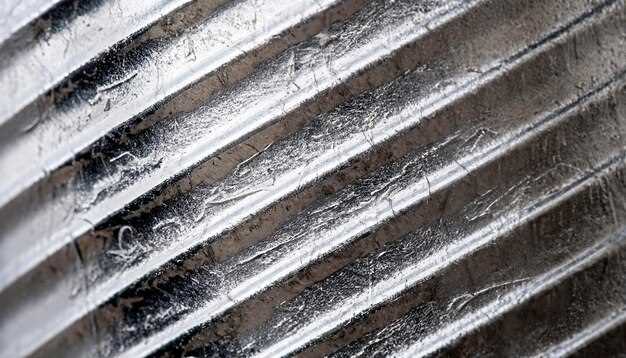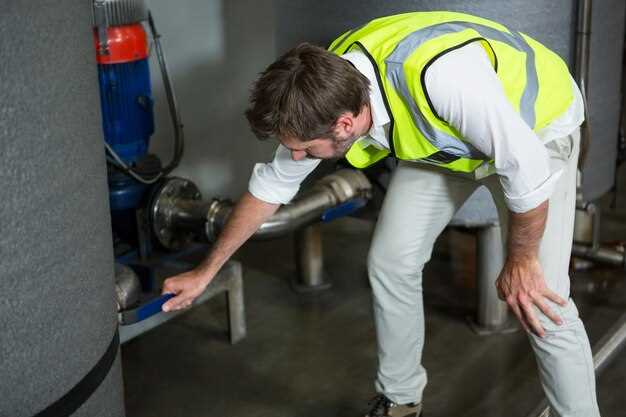
Maintaining the health of your vehicle’s radiator is crucial for optimal performance and longevity. One of the most common issues that car owners face is corrosion, which can lead to harmful rust deposits and ultimately cause clogs in the cooling system. Understanding how to prevent these problems can save you time, money, and headaches down the road.
Rust typically forms when the metal components of the radiator are exposed to moisture and air. This exposure can occur due to leaks, insufficient maintenance, or the use of low-quality coolant. To combat these factors, it’s essential to regularly check the coolant level and quality, ensuring that it contains the necessary additives to inhibit corrosion and protect the radiator’s internal surfaces.
Additionally, routine flushing of the radiator and replacing old coolant can help remove any accumulated rust and debris. By adopting good maintenance habits and staying vigilant about your vehicle’s cooling system, you can significantly reduce the risk of corrosion and clogs, ensuring that your radiator functions efficiently for years to come.
Choosing the Right Coolant for Your Radiator

Selecting the appropriate coolant for your radiator is crucial for ensuring optimal performance and longevity of your vehicle’s cooling system. Coolant, also known as antifreeze, serves to regulate engine temperature, prevent overheating, and protect against corrosion. When choosing a coolant, consider the manufacturer’s specifications, as different engines require specific formulations to maintain efficiency.
First, determine whether you need a traditional green coolant or a more advanced formula, such as an orange or yellow coolant that offers extended life properties. Traditional coolants typically contain silicates and phosphates, which provide effective corrosion protection but may require more frequent replacement. On the other hand, extended-life coolants usually contain organic acid technology (OAT), which offers longer-lasting protection and can reduce the frequency of maintenance.
Another important aspect is compatibility with your existing coolant. Mixing different types can lead to chemical reactions that may form sludge, causing clogs in the radiator and reducing the effectiveness of the cooling system. Always flush the system if you are switching to a different coolant type to prevent any adverse interactions.
Moreover, ensure that the coolant is equipped with proper additives that help in lubricating water pumps and preventing rust. This not only enhances performance but also assists in filtering out particulates that could clog components like the radiator and heater core. Regularly checking the condition of the coolant and replacing it when necessary will also help prevent corrosion and keep your cooling system functioning efficiently.
Ultimately, investing time in selecting the correct coolant will pay off by enhancing the reliability of your radiator and overall engine performance while minimizing maintenance issues caused by corrosion and clogs.
Installing a Coolant Filter to Minimize Contaminants

One effective way to protect your radiator from corrosion and clogs is by installing a coolant filter. This device is designed to capture contaminants that can lead to rust formation and other damaging particles, ensuring that the coolant circulating through your system remains clean and effective.
A coolant filter works by trapping impurities such as dirt, metal shavings, and rust particles before they can enter the radiator and affect its performance. Over time, these contaminants can accumulate, leading to blockages and reducing the efficiency of heat exchange in your vehicle’s cooling system. By using a filter, you can significantly prolong the lifespan of your radiator and reduce maintenance costs.
Installation of a coolant filter is typically straightforward. Most filters are designed to fit into the existing coolant lines with minimal modifications. It is important to choose a high-quality filter that is compatible with your vehicle’s specifications to ensure optimal performance. Regularly checking and replacing the filter will yield the best results, preventing any buildup of harmful substances.
In conclusion, investing in a coolant filter is a proactive measure that helps avoid issues related to rust and blockages within the radiator. By effectively minimizing contaminants, you ensure a healthier, more efficient cooling system that enhances your vehicle’s overall performance.
Regular Maintenance Practices to Avoid Rust Formation
To prevent rust formation in your radiator, it is essential to follow regular maintenance practices. One of the key steps is to ensure that the coolant is consistently at the proper level and has the correct mixture. A balanced coolant solution helps inhibit corrosion and protects metal components from rust damage.
Regularly inspecting and replacing the radiator filter is another vital practice. A clogged filter can restrict coolant flow, leading to overheating and increased rust risk. Ensure that the filter is clean, and replace it as recommended by the manufacturer to maintain optimal performance.
Flushing the radiator periodically is crucial for removing debris and contaminants that can promote rust. It is recommended to perform this service at least once a year or according to your vehicle’s service manual. Flushing removes old coolant and any corrosion byproducts, ensuring that fresh coolant circulates effectively.
Additionally, it is important to check for any signs of leaks or corrosion on the radiator itself. Inspect hoses and connections for wear or damage, as these issues can introduce moisture and accelerate rust formation. By addressing any problems promptly, you can help maintain the integrity of your cooling system.
Finally, consider using high-quality coolant that is specifically designed to resist rust and corrosion. Some coolants contain additives that provide extra protection against rust, making them a better choice for your radiator’s longevity.




